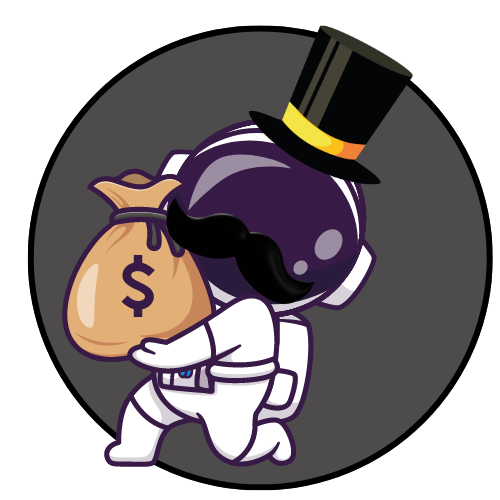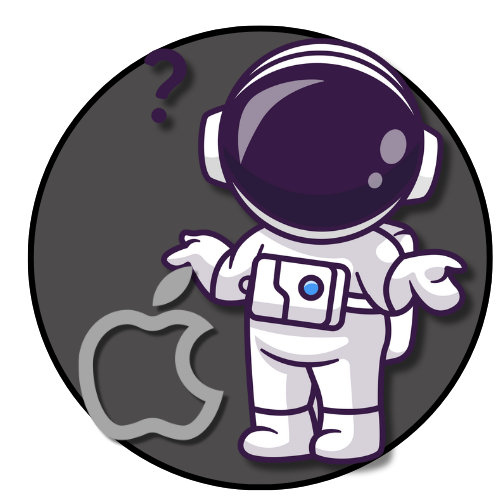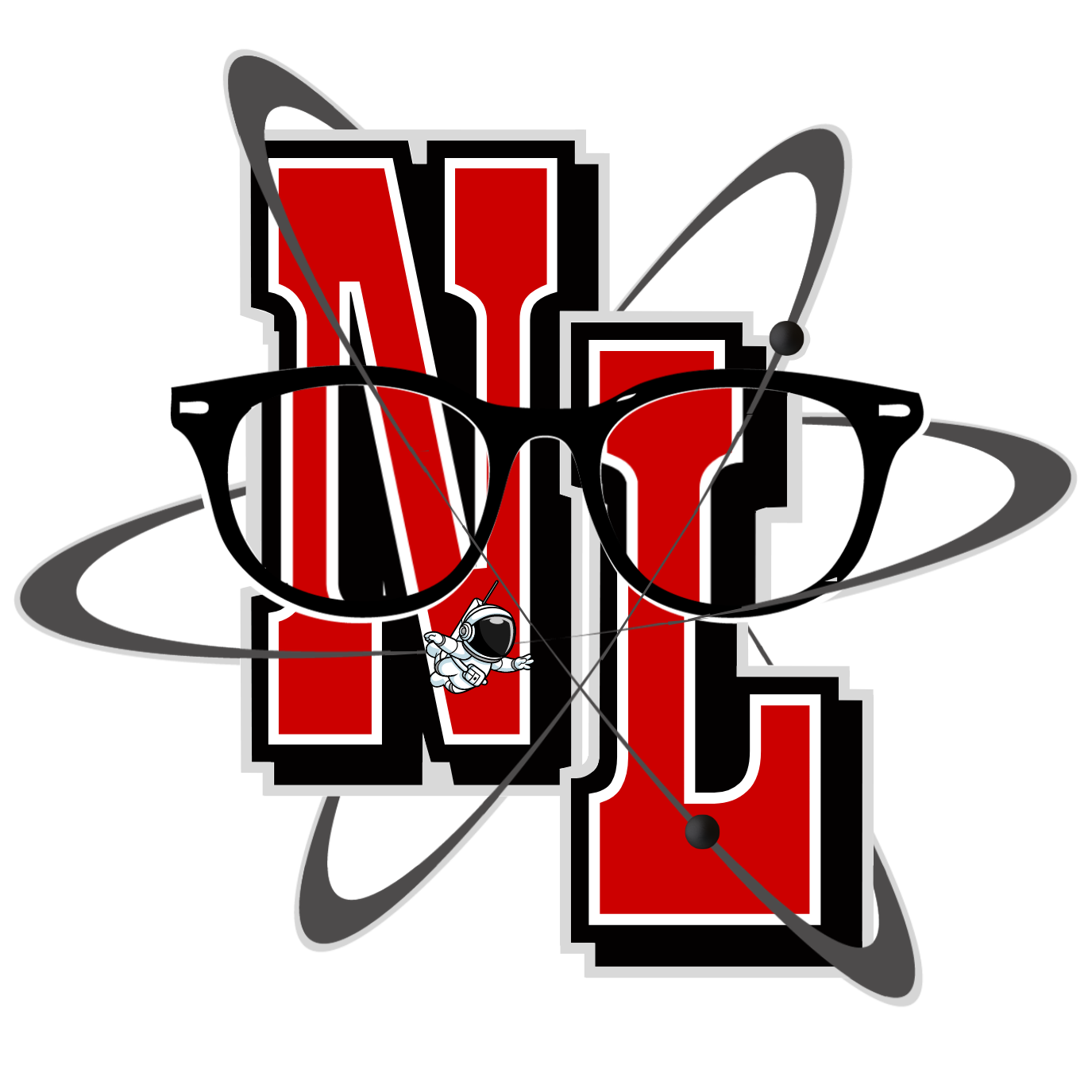
The Misguided Stance of the Copyright Office on AI-Generated Works
The use of AI image generating tools, like Midjourney, in the creative process has sparked concern. The U.S. Copyright Office has taken the position that the tool (not the user using the tool) is the author. The best example we have is the case of Kristina Kashtanova’s graphic novel, Zarya of the Dawn, which was partially generated using AI. The U.S. The Copyright Office initially granted her copyright protection but later revoked copyright protection for the AI-generated images in the work for lacking human authorship.
This reasoning is flawed. Since authorship is a core focus of copyright law, the issue of who the author is when using AI tools needs careful examination.

Beware of Trademark Scams: How to Spot and Avoid Deceptive Tactics Targeting Your Business
Trademark scams are becoming increasingly sophisticated, targeting businesses and trademark holders with deceptive tactics that are difficult to detect. These scammers often pose as official trademark offices or legal entities, sending notices that mimic legitimate correspondence. The communications typically include warnings about trademark renewals, registrations, or filings, creating a false sense of urgency. Many businesses, especially those unfamiliar with trademark processes, are caught off guard and end up paying unnecessary fees or providing sensitive information, leading to significant financial and security risks.

Unpacking the U.S. v. RealPage: A Deep Dive into Allegations of Anti-Competitive Practices
The United States Department of Justice, along with several states, has filed a complaint against RealPage Inc., a leading provider of revenue management software for the real estate industry. The lawsuit accuses RealPage of engaging in anti-competitive practices that have far-reaching implications for the multifamily property market. Here’s a closer look at the key details and allegations outlined in the complaint.

Ensure You Receive Negotiated Royalties: Understanding the Mallinckrodt Decision
The Third Circuit recently decided that Sanofi’s right to a 1% royalty on sales of Mallinckrodt’s Acthar Gel did not survive Mallinckrodt’s bankruptcy filing, denying Sanofi of any future royalties. This decision robs Sanofi of nearly $6,000,000 per year based on around $600,000,000 in sales of Acthar Gel in 2021 and 2022. The court suggested that Sanofi could have protected itself by structuring the deal as a license rather than a sale.

Nvidia Faces Class Action Lawsuit Over Unlawful Use of YouTube Videos for AI Training
A class action lawsuit has been filed against Nvidia Corporation, alleging the unlawful use of YouTube videos to train its “Cosmos” AI model. The complaint, filed on August 14, 2024, by Plaintiff David Millette on behalf of other YouTube users, raises serious concerns about consent and unfair business practices.
Will this case succeed?
What does this mean for you?

AI as Inventor: The Australian Ruling that Challenges Global Patent Norms
In a pioneering legal decision, the Federal Court of Australia has recognized artificial intelligence (AI) as a potential inventor under patent law. This case, involving an AI system named DABUS, created by Dr. Stephen Thaler, marks a significant shift in how innovation is perceived and legally protected. DABUS was credited as the inventor of two patent applications, sparking a debate on whether non-human entities can hold the title of "inventor." Thaler's argument that AI systems, which can independently generate inventions, deserve recognition akin to human inventors challenges the foundational principles of patent law.

Doomed to Fail: The Limits of Musk’s Case Against the WFA
Elon Musk’s X Corp. (formally “Twitter”) has sued the World Federation of Advertisers (WFA) and a number of member companies for orchestrating an illegal boycott of Twitter. X Corp. v. World Federation of Advertisers. The complaint asserts that it is “an antitrust action relating to a group boycott by competing advertisers of one of the most popular social media platforms in the United States.” This blog post explores Twitters claims and what Twitter must do to show that the WFA boycott is illegal under antitrust laws, whether there is a reasonable business justification for the boycott, and why Twitter’s market power is critical in making its case.

Is Google a “Monopolist,” and What Does That Mean for Users?
On August 5, 2024, a Federal Judge in U.S. et al. v. Google labeled Google a "Monopolist." The Judge looked at Google’s market share, as well as Google’s behavior as the biggest competitor in the market.
Is Google a Monopoly?
What does this decision mean for consumers?
Find out here!

What Do the “Gay Olympics,” the “Redneck Olympics,” and Logan Paul Have in Common?
What Do the “Gay Olympics,” the “Redneck Olympics,” and Logan Paul Have in Common? They all got sued by the U.S. Olympic & Paralympic Committee (USOPC) for using the word “Olympics.” Why does the USOPC sue anyone using the word “Olympic”? How is the word “Olympic” a trademark? Find out here.

Discover the New Privacy Features in Apple Intelligence
Apple’s new privacy features will change the way you use your iPhone, iPad, and Mac by making them smarter and more secure. Here’s what you need to know!

Let’s Talk About Hunter Biden’s Wiener And Why the Biden’s Need an IP Lawyer
The images on Hunter Biden's laptop are protected under copyright law, and public display of these images constitute copyright infringement.
It’s as easy for you to take and share images as it is for others to copy and display your images in places where you don’t want them. Understanding your intellectual property rights in images that you take and respecting other intellectual property rights in their own images is crucial, underscoring the importance of good IP counsel.

The Impact of the EU's AI Act on US Businesses
The European Union's AI Act (the “AI Act”), which was adopted by the EU parliament on March 14, 2024, is the first legal framework aimed at regulating artificial intelligence (AI). The AI Act has global implications, establishing a foundation for trustworthy AI in Europe and signaling a shift towards more stringent AI governance worldwide. This article explores the potential impacts of the AI Act on US businesses and offers insights into navigating the evolving landscape of AI regulation.

Intellectual Property Rights in the Age of AI
In this article, we will examine the challenges technologists and creators that use AI-based tools face obtaining ownership of their creations and how existing law addresses these issues.

Harnessing AI and Large Language Models: A Guide for Lawyers
ARTIFICIAL INTELLIGENCE (AI) AND LARGE LANGUAGE MODELS (LLMS) OFFER REVOLUTIONARY POTENTIAL FOR TRANSFORMING NEARLY EVERY INDUSTRY, INCLUDING THE LEGAL SECTOR. AS A LAWYER, UNDERSTANDING THESE TECHNOLOGIES AND HOW TO LEVERAGE THEM CAN SIGNIFICANTLY ENHANCE YOUR PRACTICE, IMPROVE BUSINESS PROCESSES, AND STRENGTHEN CLIENT RELATIONSHIPS. THIS GUIDE AIMS TO DEMYSTIFY AI AND LLMS, OFFERING INSIGHT INTO THEIR CAPABILITIES AND PRACTICAL APPLICATIONS IN LAW.
